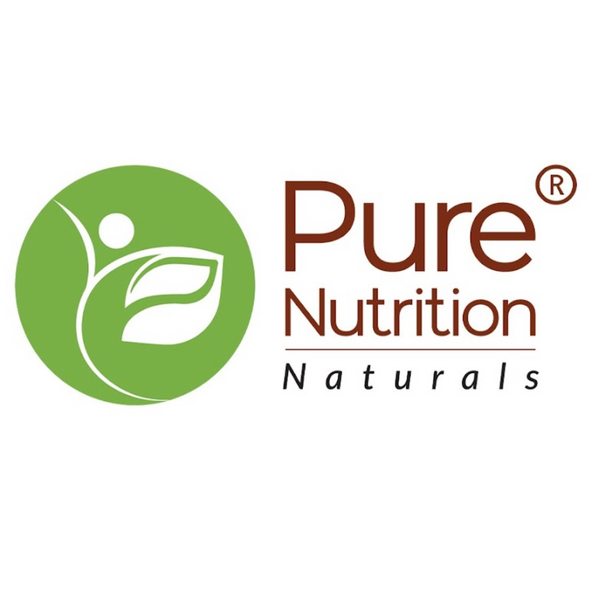Guest Blog by Janvi Chitalia (Integrative Gut Microbiome Health Coach & Functional Medicine Nutritionist
The gut microbiome refers to billions of live bacteria that live in your gut, as well as fungi and parasites. It is estimated that the gut contains over 35000 different strains of bacteria that are found in the intestine, and they are very important for development, immunity, and daily nutrition.
A healthy microbiome is one that is free of disease and is rich in bacteria that produce essential vitamins, SCFA, and immune-regulating molecules.
Gut health encompasses the health of the digestive system, which is the part of the body where nutrients break down and absorb into the body to be used for energy growth and cell growth.
Digestive enzymes are substances that help the body breakdown food and aids digestion
There are many digestive enzymes:
Amylase is a digestive enzyme produced in the mouth and pancreas that converts complex carbohydrates into sugar. A lack of amylase may result in diarrhea from undigested carbohydrates.
Proteases are pancreatic digestive enzymes that break down protein into amino acids. Food allergies may result from a lack of protease enzyme.
Lipase enzymes are digestive enzymes that break down lipids/fats in conjunction with liver bile. If you don't have enough lipase, you might be deficient in vitamins A, D, E, and K.
A lack of enzymes can lead to a variety of health problems. Enzyme deficiency can be caused by ageing and lifestyle choices such as a high sugar and processed food diet, antibiotic use, smoking, and chronic stress.
Many symptoms can arise when you don’t have an adequate amount of enzymes in the body. Such as:
- Abdominal cramps
- Bloating
- Diarrhea
- Acidity & Gas
- Flatulence
- Steatorrhea (Fat in stool)
When the pancreas doesn’t secrete enough enzymes, it affects the body’s ability to digest and absorb nutrients, which may lead to malabsorption and thus malnutrition.
Digestive enzyme supplements plays role in such situations they mimic natural enzyme help them with the breakdown of carbohydrate, protein, and fat, digestion of the food eaten and absorption of nutrient from it
BENEFITS OF TAKING DIGESTIVE ENZYMES SUPPLEMENTS:
- As its primary function, aids in nutrient absorption
- Relieves low stomach acid, also known as hypochlorhydria; low stomach acid can lead to malabsorption of vitamin B12, which can lead to anemia, which causes fatigue; taking a digestive enzyme supplement can help build up stomach acid. The acid hydrochloric
- Migraines and headaches are linked to gut inflammation, which can also be linked to a lack of certain nutrients. With the help of digestive enzymes, digestion of food becomes easier, resulting in less inflammation in the gut and fewer headaches and pain.
- When there is an overgrowth of bad bacteria in the gut, it is a typical symptom of food not being digested, which causes IBS (Irritable bowel syndrome) symptoms such as gas, loose stools, bloating, and constipation. The digestive supplement promotes healthy digestion and alleviates IBS symptoms.
About the guest: Janvi is an Integrative Gut Microbiome Health Coach and Functional Medicine Nutritionist. Her expertise lies in Gut health-related issues, and she works on the root cause of any medical issue through the approach of gut healing. She believes that Gut health is the root cause of all diseases. Janvi uses a scientific based 5 R process which facilitates a long-term resolution of any gut issues through the process of Remove, Replace, Re-inoculate, Repair and Rebalance as 5 pillars of the healing program.

